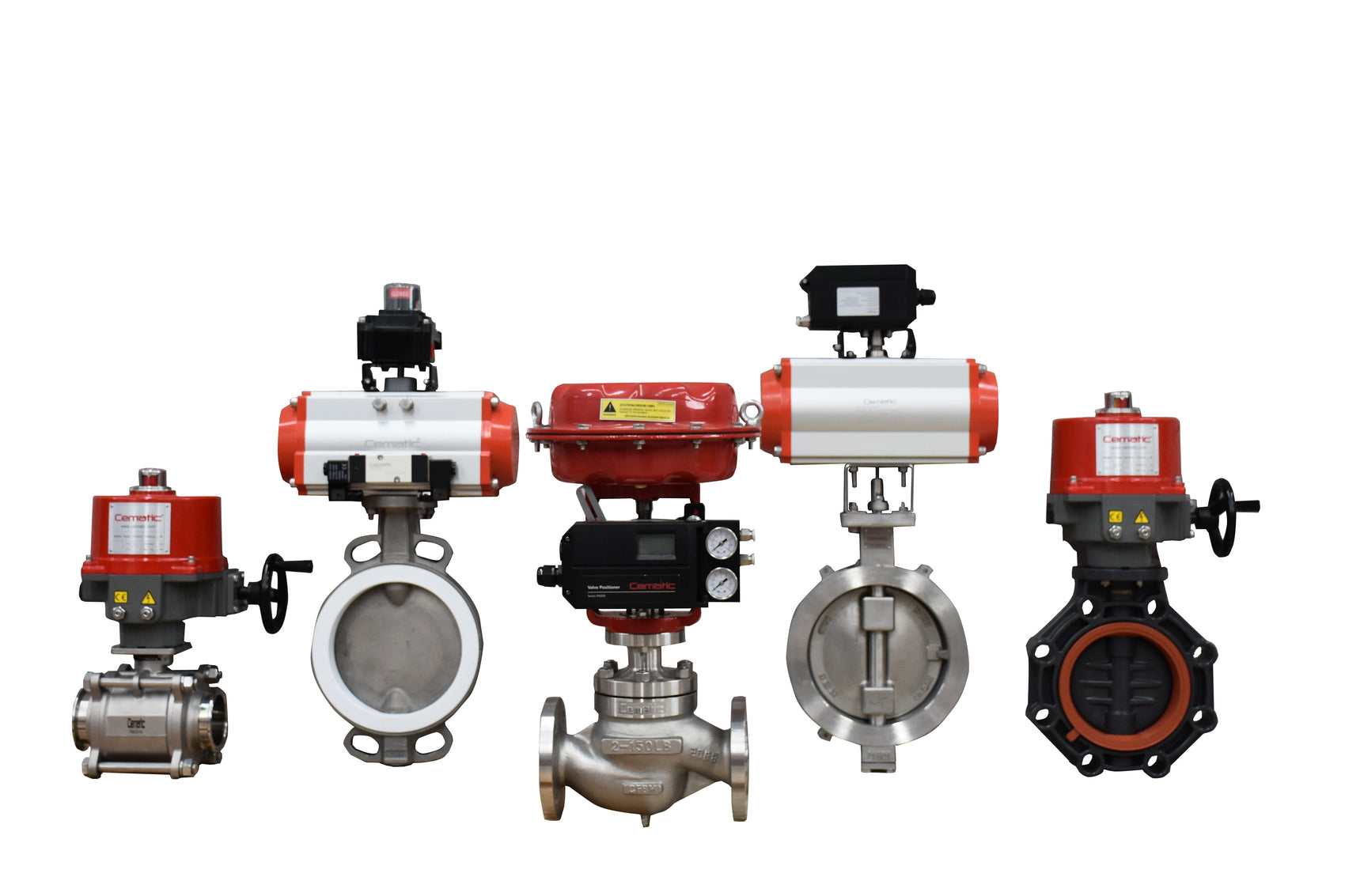
Control valves are essential components in industrial processes where it is required to control the flow of liquids or gases. These valves regulate the flow rate and pressure of the fluid flowing through them to ensure that it stays within desired limits.
There are different types of control valves, but they all have a moving part that is used to control the flow of the fluid. These moving parts can be manually actuated or by means of an electric, hydraulic or pneumatic actuator.
One of the main applications for control valves is in the chemical industry, where they are used to regulate the flow of chemicals and other hazardous materials. They are also used in the oil and gas industry, in power plants, and in water treatment systems.
The design of a control valve must take into account many factors, such as fluid pressure, temperature, fluid material, flow type, and valve location. Control valves must also be able to withstand extreme conditions, such as high temperatures and pressures, and be strong enough to resist corrosion and wear.
The selection of a suitable control valve depends on the type of process and the operating conditions. Therefore, it is important to have expert advice in the selection, installation and maintenance of control valves.
In conclusion, control valves are essential components in industry and in many other processes where control of the flow of liquids or gases is required. Their proper design and selection are crucial to ensure safe and efficient operation of the process.


